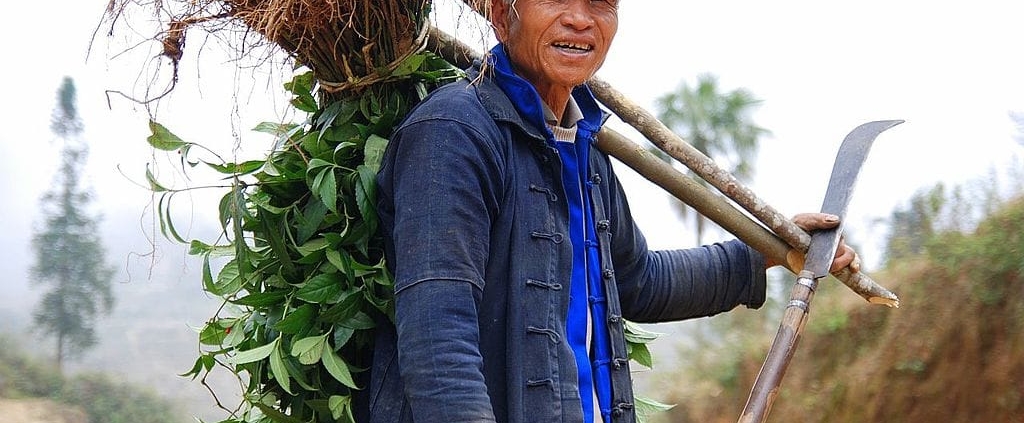Do I Have to Pay Zakat on Land? (Shafi’i)
Shafi'i Fiqh
Answered by Shaykh Jamir Meah
Question: Assalamu alaykum
(1) A friend bought land as an investment and didn’t have any other intentions. Is there a Zakat to this land?
(2) A friend bought land for agriculture. He didn’t have any intention to sell it later. But, later decided to sell. Is there a Zakat to this land?
Answer: Assalam ‘alaykum. Jazakum Allah khayr for your questions.
Zakat of trade is due on any commodity bought with the intention of trade. Zakat of trade is 2.5% of the market value of the good at the end of the lunar year, if its market value exceeds the nisab amount. It does not matter if the value of the goods fluctuated during the trade year.
Zakat is not due on anything bought with the intention of personal use.
Given the above, the answers to your specific questions are:
1. Your friend would pay zakat on this land at the end of the lunar year if it’s market value is above the silver/gold nisab. The zakat due would be 2.5% of the current market value.
2. If the agriculture was for personal use, then there is no zakat due on this land, even if he sold the land later.
However, if the agricultural products were for trade, there is still no zakat on the actual land, but zakat would be due on the crops. A summary of zakat on crops is given below.
Zakat on Crops
Zakat is due on crops if the following conditions are met:
1. If the crop is fruit, and they are raw dates and grapes. Zakat is not paid on any other fruit.
2. Or, that the crop is a grain that is a staple of people’s diet, such as wheat, barley, rice, corn. Other type of food are not liable to zakat.
3. That one possesses the nisab amount.
When one possesses the nisab amount of grains, or when the dates and fruits have become ripe, zakat becomes obligatory. What this means is that the portion of zakat is now owned by the poor. However, distributing the zakat is only obligatory when the grains and fruits have been dried, which would be dry dates and raisins for the fruits.
The nisab amount for grains and dry fruit is approximately 610kg of net dried weight which must be free of husks and chaffs. For food stored in their kernel, such as rice, the nisab is approximately 1220kg of dried weights.
In regards the zakat payable amount, one looks at how the crops and trees have been watered. If the land was irrigated by human effort, even by ditches or wheels, the zakat amount to be paid is 5% of the total dried weight. If the land was not irrigated by effort, such as through rain, then the zakat amount to be paid is 10% of the total dried weight.
[Tuhfa al Muhtaj, ‘Iyanat al Talibin, Bushra Al Karim]
I hope the above is of benefit insha’Allah. And Allah knows best.
Warmest salams,
[Shaykh] Jamir Meah
Shaykh Jamir Meah grew up in Hampstead, London. In 2007, he traveled to Tarim, Yemen, where he spent nine years studying the Islamic sciences on a one-to-one basis under the foremost scholars of the Ribaat, Tarim, with a main specialization and focus on Shafi’i fiqh. In early 2016, he moved to Amman, Jordan, where he continues advanced studies in a range of Islamic sciences, as well as teaching. Jamir is a qualified homeopath.
